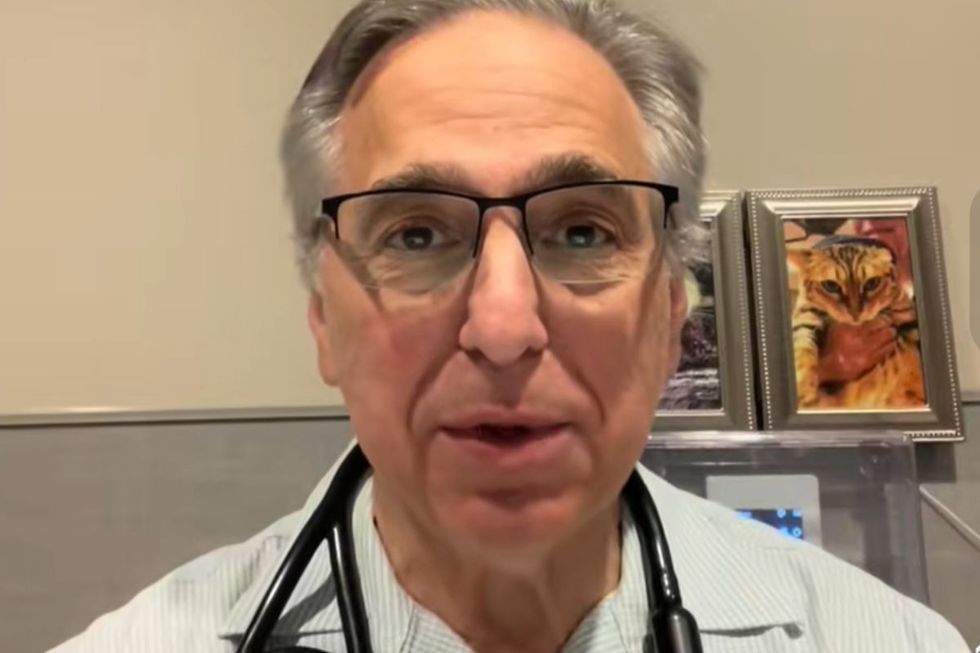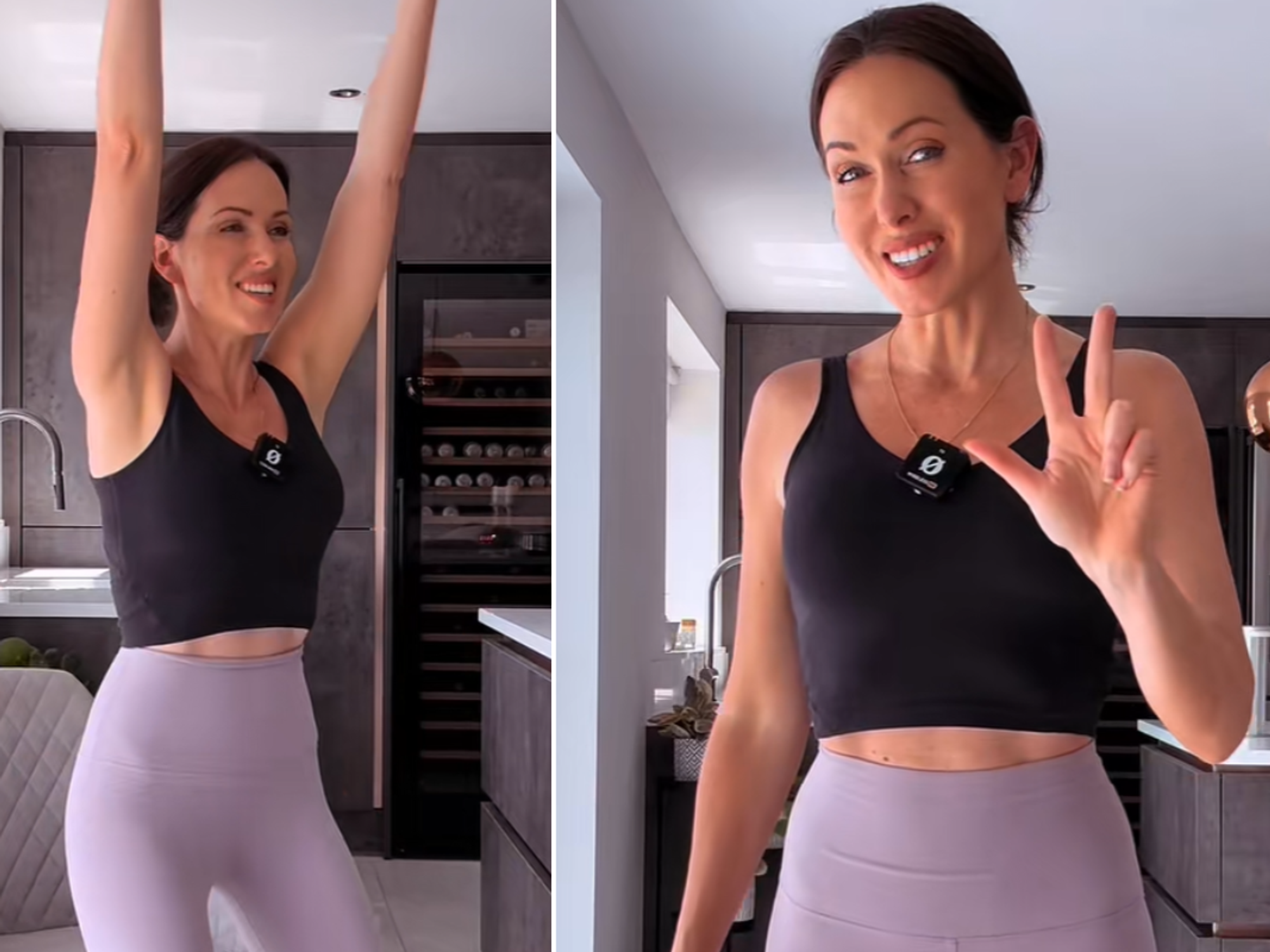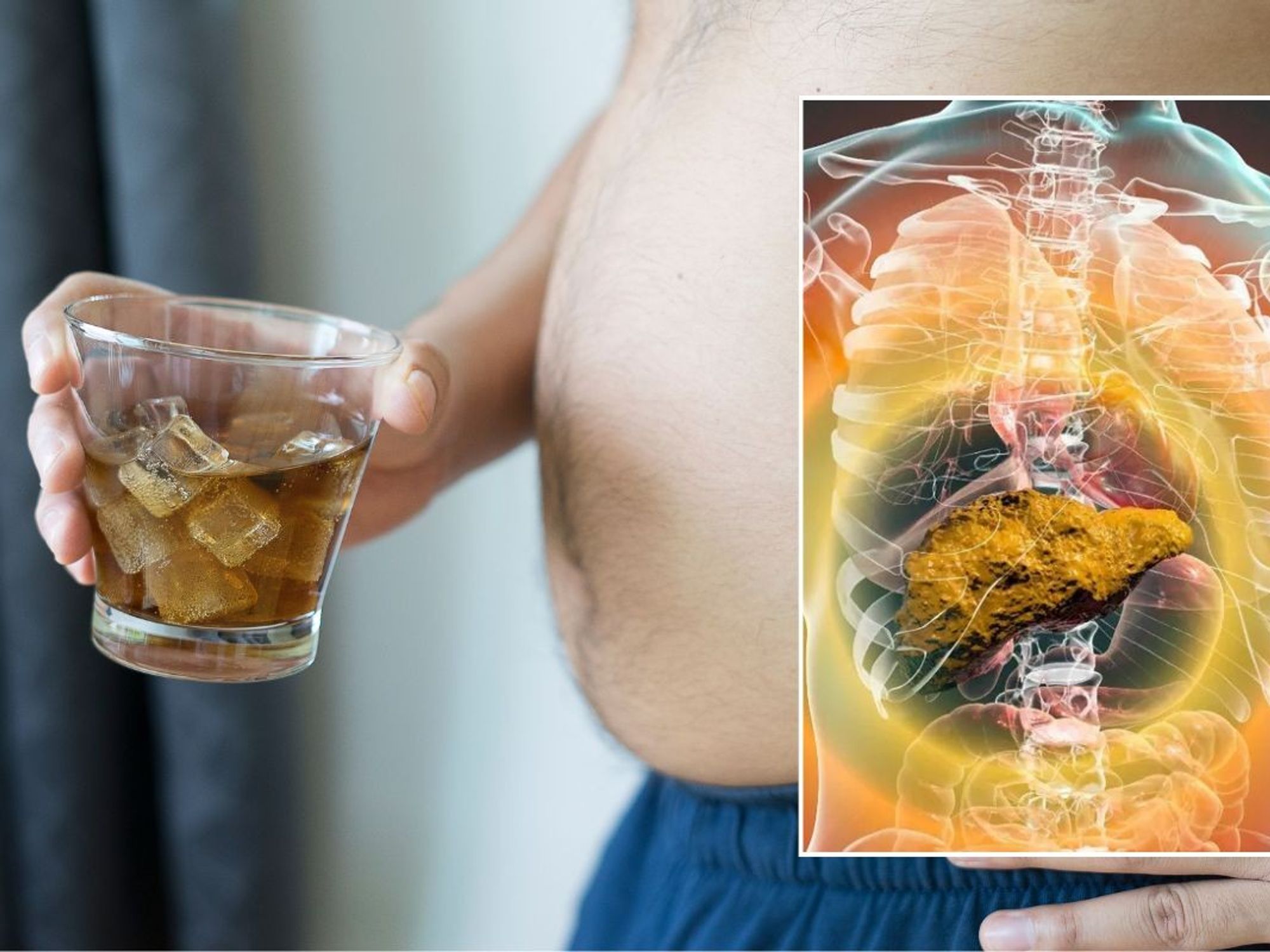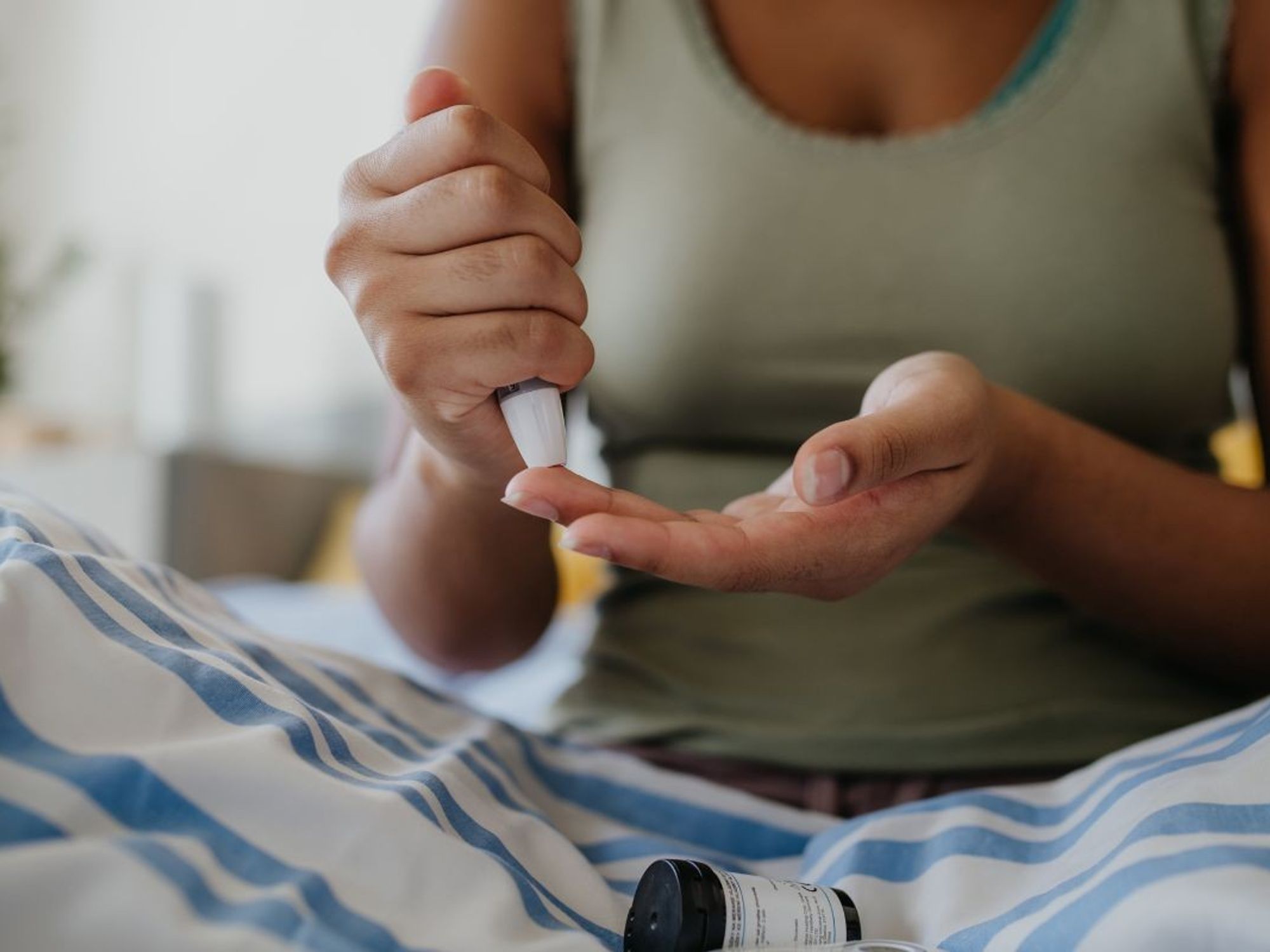High blood pressure: Cardiologist warns key sign of 'silent killer' can appear on the toilet
GB NEWS
| Dr Guttman names dietary interventions to reduce the risk of stroke and heart attack
Without proper treatment, the consequences of high blood pressure can prove devastating
Don't Miss
Most Read
Latest
Elevated blood pressure poses severe risks to cardiovascular and neurological health, yet frequently remains undetected until serious complications arise.
This chronic condition requires careful observation and medical intervention to prevent potentially fatal outcomes.
The danger lies in its subtle nature. Although the condition can trigger blood clots affecting vital organs, many individuals remain unaware they have it.
**ARE YOU READING THIS ON OUR APP? DOWNLOAD NOW FOR THE BEST GB NEWS EXPERIENCE**

GETTY
|High blood pressure is notoriously asymptomatic
Medical professionals point out that without proper management, the consequences for both cardiac function and brain health can prove catastrophic.
Regular monitoring becomes crucial precisely because warning signs often fail to manifest, leaving patients vulnerable to sudden medical emergencies.
A prominent cardiac specialist has identified six potential indicators that may signal dangerously elevated blood pressure, including foamy urine.
Dr Evan Levine, a board-certified cardiologist, outlined these symptoms on social media.
"Number one is a headache, it can be across the head or in the back," he shared.
Visual disturbances represent another key warning sign, with the cardiologist noting: "Blurred vision is another very common symptom."
Respiratory issues also affect patients, particularly difficulty breathing whilst walking, though severe cases may experience breathlessness even when stationary.
Additional symptoms include cardiac discomfort during physical activity, nasal bleeding (medically termed epistaxis), and protein-rich urine that appears foamy.
"It’s frothy because you’re spilling protein when you go to the bathroom," explained Dr Levine.
The cardiologist stressed the most crucial point about hypertension detection, noting: "The number one symptom of hypertension, the most common symptom by far, that everyone should know about is nothing. That's why we call it the silent killer."
The cardiologist stressed the importance of routine monitoring, adding: "So you need to get your blood pressure checked at least annually."
He warned against complacency, stating: "You don't want to present with heart failure, a stroke, or a heart attack because you didn't check your blood pressure."
This absence of noticeable symptoms makes the condition particularly treacherous, as patients often discover their hypertension only after experiencing severe complications.
LATEST DEVELOPMENTS

TIKTOK / EVAN S LEVINE
|Dr Levine outlined several symptoms of high blood pressure
Recent medical research has uncovered an additional concern regarding nocturnal blood pressure elevation that standard medical assessments might overlook.
Headaches occurring during night-time hours could indicate a particularly hazardous form of hypertension characterised by an abnormal reverse-dipper pattern.
Oxford University researchers discovered in 2022 that nearly 50 per cent of hospital patients exhibit this pattern, where blood pressure increases during sleep instead of declining naturally.
Since these patients typically show their lowest readings during conventional daytime medical appointments, their condition frequently goes undiagnosed.
This hidden form of hypertension presents significant risks, as affected individuals remain oblivious to their dangerously elevated nocturnal blood pressure readings.










